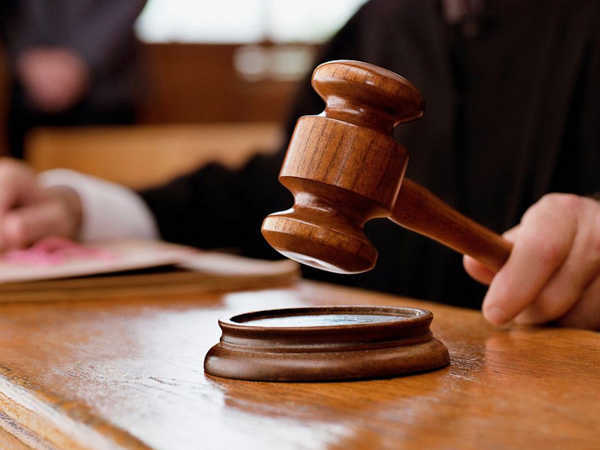New Delhi, 26 October: the Haryana Police has filed an affidavit in the Delhi High Court giving a clean chit to the pathological lab healthians.
Gurugram district police have said that Healthian is recognized by the Indian Council of Medical Research (ICMR) and the National Accreditation Board for testing and Calibration Laboratories (NABL).
After this, the bench of Justice Najmi Waziri adjourned the hearing till November 25 after this affidavit of Gurugram District Police was not on record.
During the hearing on the demand to ban online pathology labs, the Gurugram police told the High Court that till April 15 this year, Healthian had not done any testing of corona. They had collected swab samples only for Corona Labs as per the contract of ICMR and NABL.
Gurugram police said that the healthian has a certificate of registration under the Clinical Establishment Act.
On September 14, the High Court had also ordered the Delhi Police and Gurugram Police to be made parties.
On September 7, the High Court had warned the ICMR for not monitoring the online pathology labs.
The court had said that the ICMR should look into the complaints of the private pathological laboratory. The court had said that ICMR can cancel the license of laboratories violating the law if it so desires. ICMR itself gives license to the laboratory.
In fact, the ICMR said in its counter affidavit that it does not come under its jurisdiction to control the online pathological laboratory. ICMR has said that only NABL issues certificates to private laboratories. ICMR has said that it has issued standard operating procedures for setting up a testing laboratory for Corona. For these, 14 mentor institutes have been established across the country. AIIMS Hospital has been made a mentor institute for the laboratories of Delhi.
ICMR said that on August 16, it has recognized 35 government and 99 private laboratories in Delhi. These laboratories can test for RT-PCR, TrueNat, CBNAAT and M-NET.
During the hearing, advocate Shashank Sudhi Dev, appearing for the petitioner, said that the government is not taking any action in this matter. The order of the Supreme Court is being openly violated.
He said that the top officials of the government are equally responsible for the operation of these illegal online pathological laboratories. These laboratories openly release their advertisements. They are promoting themselves through SMS and e-mails.
On August 12, the court had directed the ICMR to file its reply. On November 12, 2020, the court had issued a notice to the Delhi government.
The petition has been filed by Rohit Jain, a pathologist from Jaipur. Advocate Shashank Sudhi Dev, appearing for the petitioner, had said that on August 6, 2020, the High Court had directed the Central Government, Delhi Government and ICMR to take action against such online labs as per law. Despite this the order was not complied with. He had said that online pathology labs like Healthian and One MG (1mg) were operating illegally in Delhi. They are playing with the lives of common people.
In August 2020 too, Rohit Jain had filed the petition. It was said in the petition that taking blood samples from online pathology labs can put people’s lives in danger as there is no authenticity of these labs.
It was said in the petition that these online pathological labs are running without any permission. It was said in the petition that online pathology labs have not been registered under the Clinical Establishment Act. Therefore, they are not medico legally liable for taking samples of patients. The petition had sought closure of pathology labs running through online aggregators.
Through online pathology service, people make bookings for giving samples as per their convenience. It was said in the petition that the qualification of the operators of these labs has not even been verified. They are testing corona unofficially in violation of ICMR guidelines. Doing so is a violation of the right to life under Article 21 of the Constitution.





